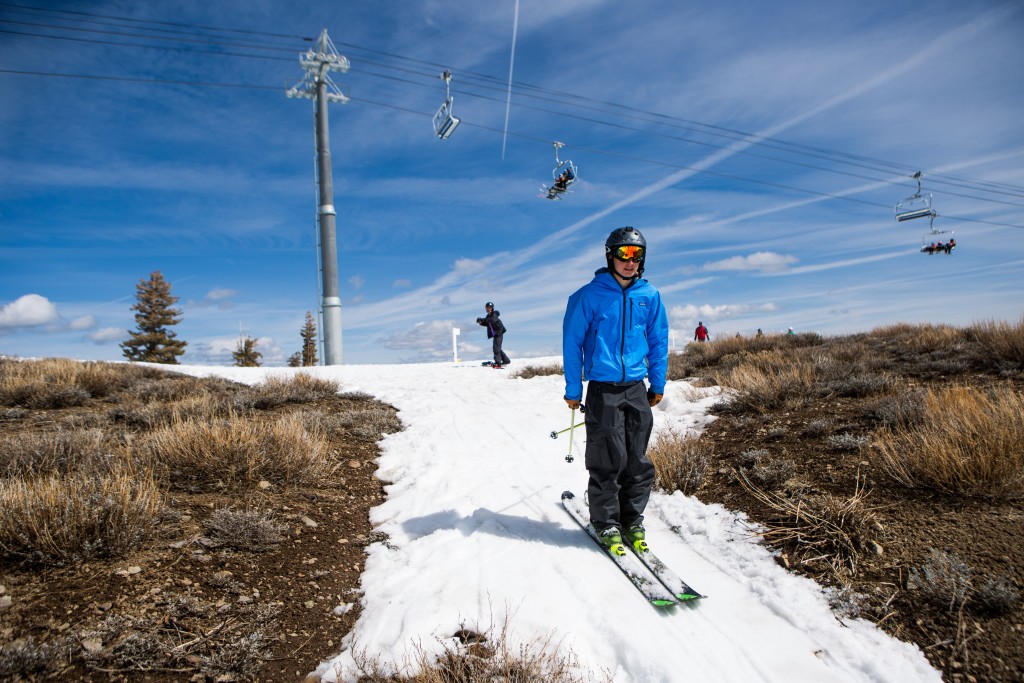
Climate change is a pressing international threat that will require incredible levels of cooperation to solve. In fact, we may have just 12 years to stop it. Climate change will affect all aspects of our lives, but it will hit the snowsports world particularly hard. There are hundreds of ways we could look at climate change and skiing, but to keep things simple, let’s look at the two main ways that climate change may affect skiing: temperature and precipitation.
To have snow, temperatures must be below or near freezing. In reality, there’s a lot more to consider when forecasting snowfall and snowmelt at different temperatures, including (but not limited to) wet bulb temperature, solar radiation, and wind. Climate change has been scientifically proven to increase the average global temperature and will most definitely continue to do so. In fact, the US Fourth National Climate Assessment compared 1986–2016 temperatures to those for 1901–1960 and found that the average US temperature during the winter rose by 1.5F. This may not seem like a lot, but it could have catastrophic effects, as seen from the image below.

Temperature not only increases snowmelt throughout the winter and spring, but it can also make the snow less enjoyable to ski. Warmer temperatures during snowfall yield lower snow ratios, meaning the snow that does fall will, on average, be heavier than it is today. We’re still not entirely sure how much heavier the snow will be, but we do know that it won’t get lighter!
The million-dollar question, and the one that climate scientists are working to answer, is how climate change will affect precipitation. The short answer is that we really don’t know. The long answer? Well, it’s complicated.
With warmer average air temperatures throughout the atmosphere, air parcels will theoretically hold more moisture. This means bigger, wetter storms with more snowfall (so long as temperatures cooperate and prevent rain). There has been some evidence to support that precipitation has become less consistent as global temperatures have risen, but more data must be collected to get a clearer picture.
However, if warmer atmospheric temperatures continue to increase and bring more snowfall, there’s no guarantee that this will improve ski conditions. Warmer temperatures will mean heavier snow, as I mentioned earlier, which many consider being less fun to ski. More importantly, warmer temperatures will mean more snowmelt during the winter and spring and will mean rockier conditions, worse snow, and ultimately, a shorter ski season with less skiing.
As we continue to learn more about climate change’s effects on our planet, the answers will continue to become clearer. Until then, we must hope for the best, prepare for the worst, and continue to all make efforts to help stop climate change before it’s too late.
Please keep political nonsense out of the snownews!!
It’s only political to idiots